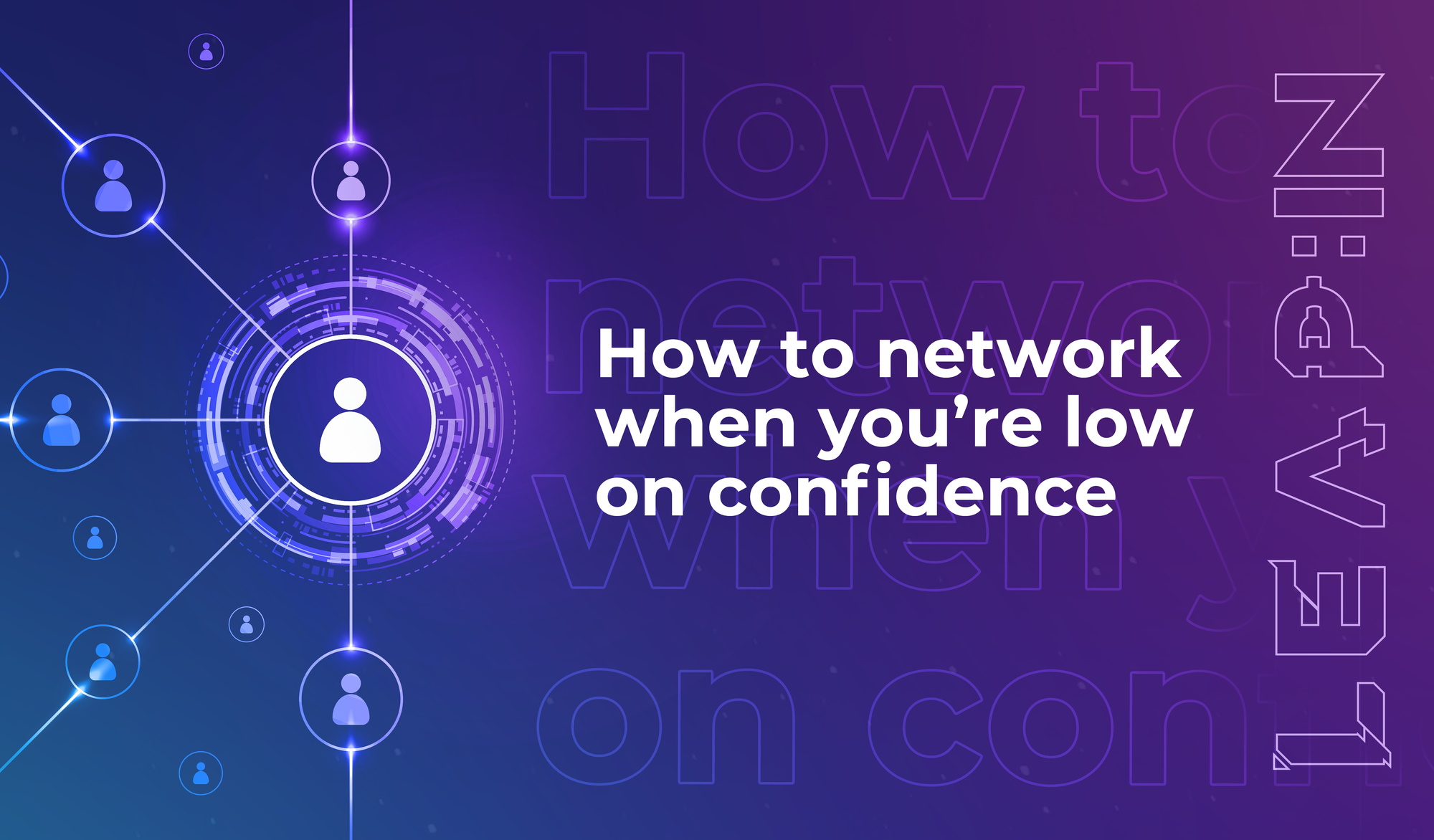
1.5TB of stunning space data from the James Webb Space Telescope
Get some perspective from 800,000 galaxies


Our weekly pick of thought-provoking insights from some of the most innovative names in tech – right here in your inbox.
What Sarraf said:
“I am a person who gets excited even for small things in the business. Every little step towards our goals and mission makes me feel I want to fly.”
We love this. For Sarraf, the road from coming up with an innovative product idea (an AI-powered robot to provide tailored education experiences to young children) to securing USD $4.2 million in seed funding was long, with lots of setbacks.
But celebrating the small stuff kept her going: she knew that even the smallest step forwards was a step in the right direction.
Not all products or businesses grow at breakneck speed. Many (most, actually) grow as a result of tenacity, commitment, and incremental steps.
The same goes for growth and change in general, doesn’t it? Even a revolution doesn’t happen overnight – it’s the result of thousands of small steps that build up to it, and create the conditions for the revolution to happen.
In the spirit of acknowledging incremental change, here are some small steps-in-the-right-direction we think are worth celebrating in tech:
No: the pace of change isn’t fast enough. We can do better. But change is happening – and for those of us striving to make tech a more inclusive industry, acknowledging these small steps can remind us that our efforts do make a difference.
Read our interview with Elnaz Sarraf: An AI-powered robot for education and empowerment
“Build companies with empathy at their core: empathy for both the employees and the customers. To be fair, empathy is at the core of every one of those rights and policies listed above. A compassionate human centric ethos is key to closing the gap and fostering diversity.”
Boskovich was talking about the lack of gender diversity in fintech – and how to change that.
Empathy hasn’t been a characteristic associated with conventional business. We all know the narrative – business is tough, it’s competitive, it’s dog-eat-dog. As Michael Corleone said in The Godfather: “It’s nothing personal, Sonny – it’s strictly business.”
But tech is an industry that’s evolving fast. And one of the benefits of changing quickly is that industry players don’t have to stick to outdated rules – there’s flexibility and freedom to create a new understanding of what a business should be, and how it should operate.
So let’s do it. Let’s build compassion and empathy into the very fabric of tech businesses. As well as creating a culture in which diversity can exist (because people are encouraged to see things from others’ points of view, and accept that their way isn’t the only right way), compassion brings a number of well-researched benefits to businesses.
A Washington Post report on empathy in the workplace found that:
Empathy increases productivity, employee engagement, and loyalty. And all of that is really, really good for business.
Good question. An empathetic culture means that the people who work for you (and perhaps your customers as well) feel empowered to create authentic, meaningful connections with one another. They can be themselves and tell the truth about what they think and how they feel, and not have to live up to an unattainable image of professionalism or perfection.
An empathetic company lets its people be…people.
And according to the Center for Creative Leadership, the way to cultivate an empathetic work culture is to lead by example:
Tech companies exist because people exist. So a compassionate company culture might just give you a competitive edge in product development, too – because your team will feel empowered to create products that serve the personal and emotional needs of your customers, as well as the practical ones.
Read our interview with Ghela Boskovich: Fintech as a force for evolution

Get some perspective from 800,000 galaxies



Get some perspective from 800,000 galaxies

